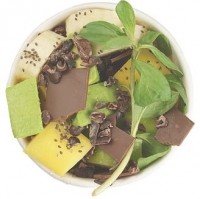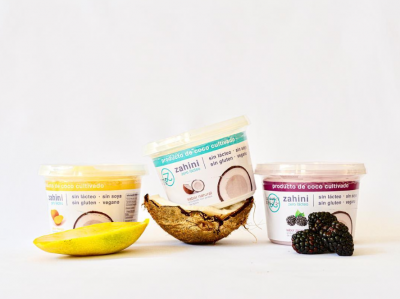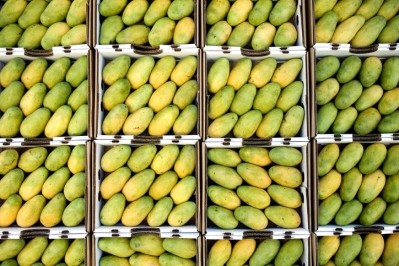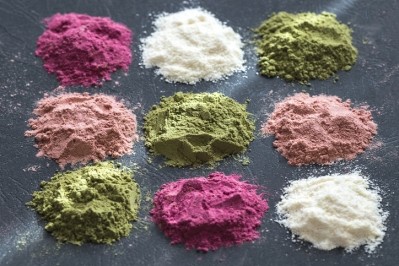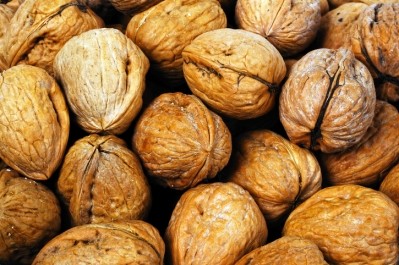‘Eat ice cream, fight food waste’: Ecuador’s Takay upcycles fruit for ‘eco-healthy’ indulgence
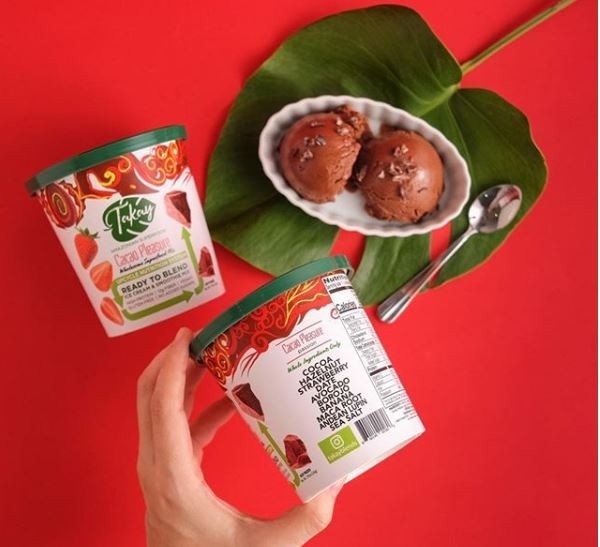
Ecuador is one of the world’s biggest exporters of tropical fruit but around 25% of its production is lost or wasted before reaching global markets for ‘cosmetic reasons’.
By sourcing 80% of its ingredients from fruit growers who are unable to sell their produce, Takay, hopes to reduce this percentage.
Size matters
According to Lucho Escobar, who founded the start-up when he was studying in the US, the main reason buyers reject fruit is “purely a matter of size”.
“I used to think that it was a matter of bumps, spots or some sort of contamination, but I was wrong,” he told FoodNavigator-LATAM. “Buyers expect consistency, so that all the fruit looks the same in their shelves.
“If a banana is slightly too thick or thin [or] if a mango is too big or small, it does not meet the criteria to be exported.”
At least 80% of the ingredients in each pot are ‘upcycled’ fruit.
“The only ingredients which are not upcycled are the ones that do not suffer any loss due to cosmetic standards. For example, the chia seeds, flax seeds, sea salt and raw cacao powder,” said Escobar.
There are six flavors in Takay's range: cacao; coconut; guava; tropical coffee; mint cacao; and green vibe, with each pot packing in a variety of fruit and seeds that reflects the biodiversity of Ecuador’s environment, according to Takay.
Mint cacao, for instance, contains mint leaves, cocoa nibs, avocado, babaco, pineapple, banana, moringa, Andean lupin and gluten-free oats.
One pot provides over 10 g of fiber and all the products are free from added sugar, additives, preservatives, gluten, and vegan.
Patent-protected packaging
With a nutritionist mother and a father who used to be a mango farmer, Escobar said inspiration for the business came when he noticed the lack of healthy food options in the US.
The first milestone came when Escobar won a start-up accelerator competition at the University of Notre Dame, scooping up several prizes and a $50,000 grant.
He used this money to patent its packaging design – the cardboard tub has a patent-protected central divider to prevent the fruit from freezing together in one block that is impossible to blend – as well as developing the branding and investing in machinery.
Lucho’s brother, Alejandro Escobar, who was living in Ecuador at the time, set up the supply chain, sourcing suppliers, finding a manufacturing plant and finding the packaging.
Steady supplies: 'Waste is a consistent issue'
Takay, which means 'to blend' in Quechua, sources its fruit from over 50 fruit and ‘superfood’ ingredient growers and cooperatives.
Finding a steady supply of rejected fruit it requires for each Takay recipe is not a challenge.
“Unfortunately waste is a consistent issue,” said Escobar, which allows the start-up “significant opportunity” to scale up production in the future.
According to the anti-food waste platform, Sin Desperdicio, 127 million tons of food are lost and wasted every year in Latin America and the Caribbean - equivalent to over one-third (34%) of the total food produced for human consumption.
Food that doesn't cost the earth
However, using fruit that would otherwise go to waste is not necessarily the cheaper option, Escobar said.
“In most cases, fruit that would be wasted is left in the ground to rot, so we have to pay for the fruit and also for our team to collect it before being left in
the ground.
“To make sure they do not get bumps or any contamination, we have to package them and transport them to our manufacturing plant, [then] make sure they ripen correctly at peak maturity, wash them ourselves, peel, chop and freeze them,” Escobar said.
Producers also pick some fruit, such as bananas, when they are still green and unripe so they can withstand the long distance cargo transit without spoiling.
This means that Takay also needs to factor in storage costs as part of its upcycling process, waiting for fruit to ripen and reach both its peak nutritional value and best taste.
“The cost ends up being similar [to using standard fruit] but the positive environmental impact from upcycling is priceless,” he said.
LATAM sourcing, US sales
Takay’s factory is located close to Guayaquil, Ecuador’s largest city and the country’s economic and business center, and it has plans to open a second plant.
Although it is looking to expand sourcing operations to other neighboring Latin American countries, its principal target consumer market is the US.
It currently has retail listings in Whole Foods, Heb, Sprouts, Gelsons and Bristol Farms in California, Colorado and Texas, where one pot sells for around US$5.90.

